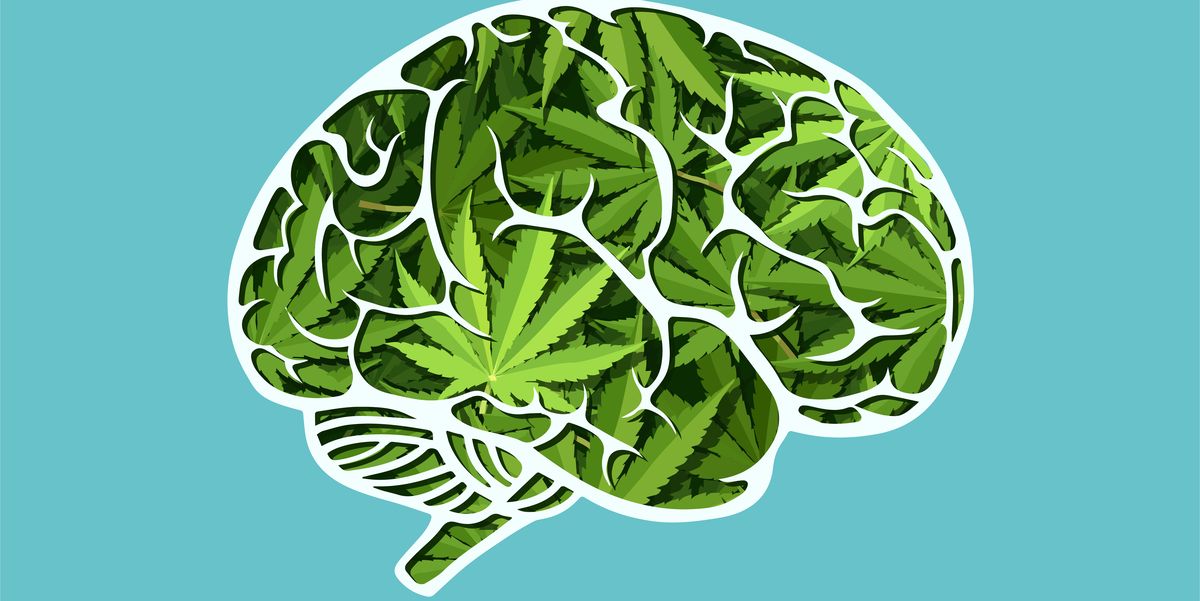Not sure I believe in "Our Natural Normal Brain Rewarding System" as a measurable thing beyond general theoretical ranges, Due to the VAST number of interactions and reactions in the human system to external and internal influences.
Any activity that we do that raises our dopamine levels, including exercise, can cause an 'addiction' to dopamine.
I used to love going over 140 mile an hour down motorways in the dead of night on my motorbike, occasionaly. That could become an addiction that will kill you outright in under a second. Or get you arrested......
What kind of 'reward system' is it that drives us to do things that are so dangerous? Ask Rock Climbers too.
Even just breathing if You do it right raises dopamine levels.
One thing about alot of studies i see is that many of them base their information around smoking Cannabis, as opposed to vaporising it.
Some are based on concurrent tobbaco use, which alters Cannabis somewhat.
Stoping Combusting completely was far harder than if I had to stop vaping. And i was vaping when i stopped Combusting.
I believe part of the issue with stopping cannabis is the rebalancing of the COX 1 and 2 receptors and the connected signaling pathway which takes some time to recover and has many other effects apart from just dopamine.
Studies on the Cytokine Pathways are a Vast Dark Sea of maybes ,possibly, could, should, might, may, seems to, appears to, needs further consideration of and research....and thats the wording in the studies, let alone whats in my head.... (Thankyou
@bhasma for an expanding pool of information that seems to leak out of my sieve like brain, as i scrabble to grab all my marbles.)
The fact such a potent drug doesnt unbalance our systems completely is one I am very grateful for (thankyou Existence) and one reason why it is fantastic both therapuiticaly AND recreationaly, although i beleive most people who use it recreationaly could well be classed as self medicating.
But then so is a daily morning Cup of Coffee......or a Beer or Wine of an evening if thats your preference.
That doesnt mean Cannabis does NO harm..... or is for everybody.
Somewhere there is a study done in France some years ago ranking different drugs by Harm caused and safety profile(cant remember the title), hwith 3 levels of harm.
out of Amphetamines,Cocaine, Morphine, Tobbacco, Alcohol, Caffiene, Cannabis and possibly a couple of others, I think only Cannabis and Caffiene were in the lowest harm group. Morhine was only in the second group. Alchohol was in the top harm group.
I found this article quite interesting:
"After I got sober, it took me a little over a year to go a single day without wishing for a drink, but it was more than nine years before my craving to get high abated."

www.menshealth.com
She admitts to having an addictive nature, stopping after 10 years she still put the craving down to physical addiction. But she gives NO information on her use of cannabis to qualify ANYTHING She says.
She is just denying the fact she has an addictive personality. She seems to be Judging Herself and Others.
She said "There’s been a long-standing debate, akin to one about the relationship between cancer and smoking, about whether regular marijuana smoking leads to an amotivational syndrome (“amotivational” means lacking motivation). Does regular use lead to spending long hours on the couch watching cartoons, or does it just so happen that people who like to sit around watching mindless television also enjoy marijuana?" bULLSHIT ! like much else in the article.
She seems unaware that Television is know to be highly addictive and can reduce motivation in and of itself.
It has been refered to for many years as the Opiate of the Masses.
And was used as such, instead of as the greatest leap in education the world could have seen.
She also seems unaware of the benefit to creativity that most Musicians (and other artists) who have ever used cannabis find hugely helpfull.
But then i doubt she listens to Bob Marley. Reminds Her too much of what She is missing.
Or maybe she never really smoked in the first place.
Nuerology is plastic, it is not set in stone and is vastly altered by nuture and life experience (and epi-genetics), many people who have serious addictions have suffered trauma at an early age.
Some people without any real past trauma can struggle with self control for many reasons. We are all Human. We are Only Human.
She is Off Her Trolley. The article is an Advert for Her book, not a Scientific Article.
I suspect for her the Money is 'Never Enough,Never Enough,Never Enough,Never Enough,' and money is a far bigger Addiction Problem Worlwide , causes more problems, misery, inequality and is far more missused .
Where are all the Nuerological studies on Greed Addiction to Money and Power?
Cannabis is the Apple. The leaves are too small to cover much modesty tho.
According to a Current Psychotherapist and former Drug worker of over 20 years experience Cannabis does not cause long term or permanent issues with dopamine receptors or the signalling pathway. Or any long term
physical addiction. To Her knowledge and experience. Threre are drugs where there is evidence that suggests this could be an issue .
Can We view Addiction as a seperate issue to the drug or activity one is addicted to?
)


